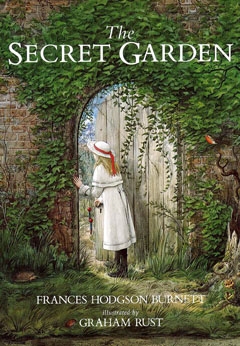by Ali B.
Dewey Larson Publishing
2014
194 pages Middle
Grade Science Fiction
The Shortlist
The Sixteen is the second book in a science fiction series
for young readers called Soul Jumpers. It is essential to read the first book
in the series, Iris Brave, before attempting to read this one. I had a hard
time soul jumping into the concept and identifying with the characters.
 Iris Brave is a soul jumper as is her father. She takes on
the mission of finding her father, who is being held captive. She is slightly
uncertain who her father is, exactly, because he is a soul jumper, and Iris is
finding out that she is a soul jumper, too. What is a soul jumper, you ask?
Well, luckily for the reader, an explanation is given early in The Sixteen.
Iris Brave is a soul jumper as is her father. She takes on
the mission of finding her father, who is being held captive. She is slightly
uncertain who her father is, exactly, because he is a soul jumper, and Iris is
finding out that she is a soul jumper, too. What is a soul jumper, you ask?
Well, luckily for the reader, an explanation is given early in The Sixteen.
Here's what we know:
a soul jumper is a person whose soul leaves its
body and enters the body of a dead person.
a soul jumps because it still has something it
needs to do on earth.
The soul jumper's family doesn't know they're
still alive.
The Council makes all the decisions for the soul
jumpers.
The council is evil.
There is a group called the Sixteen who rebelled
against the Council.
The Sixteen want to tell the world about soul
jumpers.
The Sixteen is an appealing science fiction book for middle
grade readers—my guess would be fifth graders. I received it from the
publicist. The author is a teacher and has a good sense of what children like
to read. It is self-published and available online at Amazon.
Ali B. Facebook
Page and her blog.






